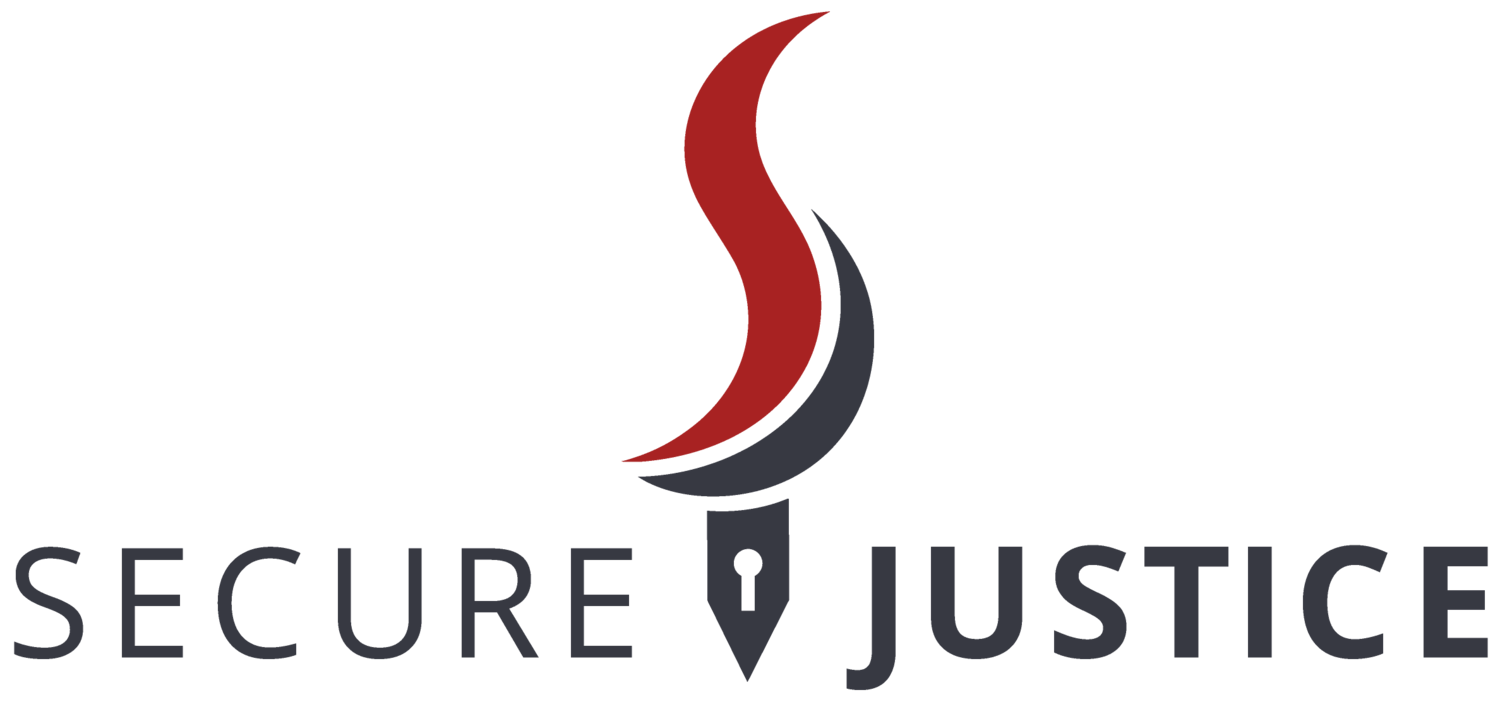Immigration Advocacy
In the podcast below, we discuss various strategies to provide greater protection for immigrants’ rights, covering law, policy and socially responsible investing, and we evaluate the Biden Administration’s approach to immigration enforcement.
Featuring Jacinta Gonzalez - Mijente, Layla Razavi - Freedom For Immigrants, and Susan Ozawa Perez - Secure Justice.
Electronic “shackling” is a growing trend in both criminal and immigration incarceration, and the move towards digital incarceration is only partly due to the health concerns caused by the Covid pandemic. Along with Immigrant Defense Project and the Cardoza School of Law’s Kathryn O. Greenberg Immigration Justice Clinic, Freedom For Immigrants recently published a report “Caged in Cyber Prison: Ending the Use of Electronic Ankle Shackles”, which you can read here.
Among their key findings, 78% of individuals surveyed reported financial hardship due to the punitive and predatory pricing structure imposed by private vendors and courts, in addition to employment difficulties created by the shackles, and Black immigrants were twice as likely as non-Blacks to be subject to shackles.
As various jurisdictions have enacted ‘sanctuary’ policies prohibiting local and state law enforcement from participating in federal immigration enforcement efforts, ICE has moved to the private sector as a work-around, to provide it with data and surveillance technologies to further deportation efforts. On the podcast, we discuss Mijente’s ground-breaking #NoTechForIce campaign, which targets such data and analytics behemoths (and major bad actors) Palantir and Thomson Reuters.
By generating significant public pressure, Mijente helped force Palantir out of California, many employees have quit as they discover what their work product is actually being used for. Mijente has also seriously impacted on-campus recruiting efforts as these companies search for new talent.
To provide but one example of why Mijente targets companies like these: the contract between ICE and Thomson-Reuters requires Thomson-Reuters to provide ICE with 500,000 identities each month for possible deportation. Using all manner of databases and public sources of information, including utility and property records, license plate reader scans (from partner Vigilant Solutions), insurance claims, payday loans, and other consumer information, it is virtually impossible to escape notice for anyone participating in our modern society.
Using some of the same shareholder activist strategies that we discussed in the podcast with our Susan Ozawa Perez, Mijente’s campaign targeting Thomson-Reuters recently led to more than 70% of independent shareholders voting on a resolution that would require the company to analyze and report on potential human rights abuses caused by its business practices. Although the controlling interest was able to block the resolution from going forward, significant media attention and public outrage is causing Thomson-Reuters to reconsider doing business with ICE. Even a ‘loss’ can be a win, in the court of public opnion.

